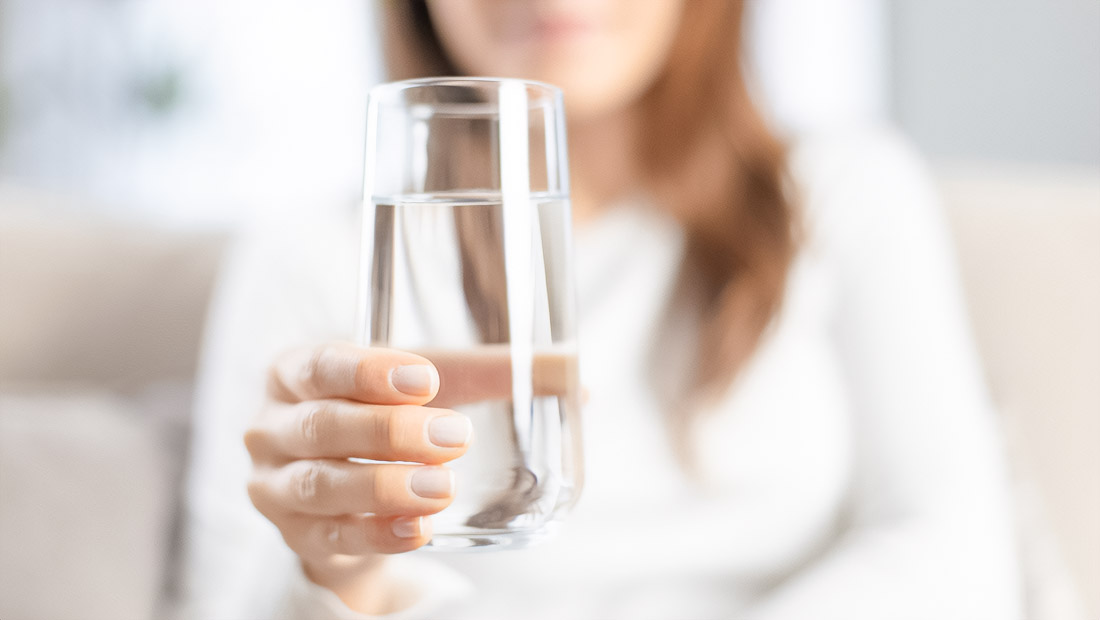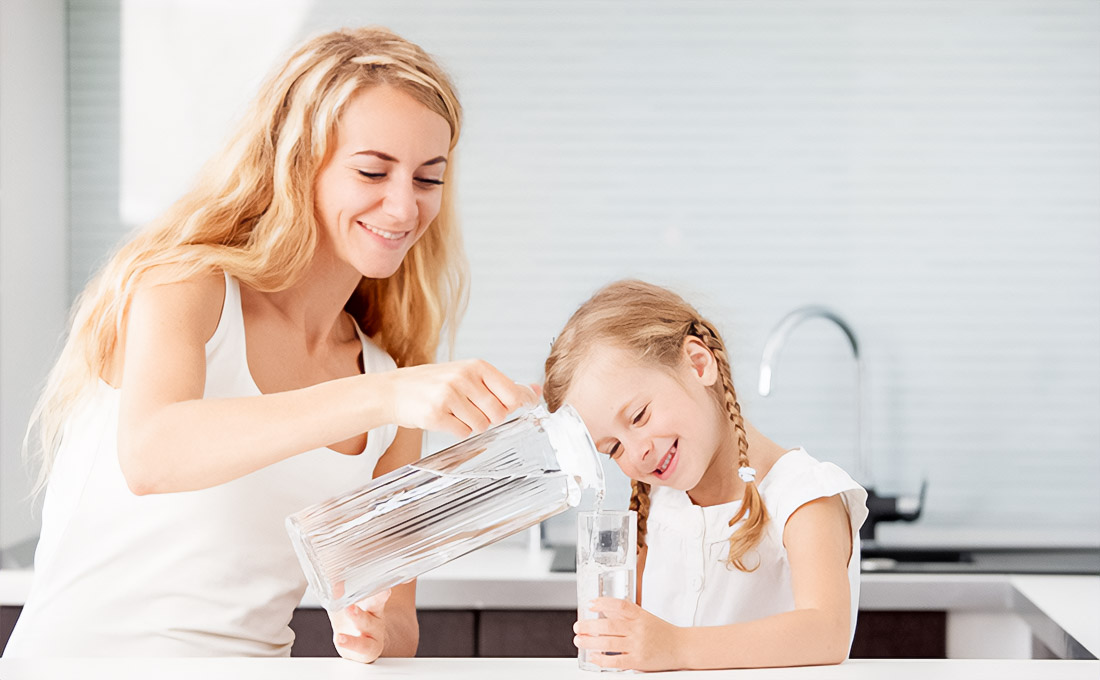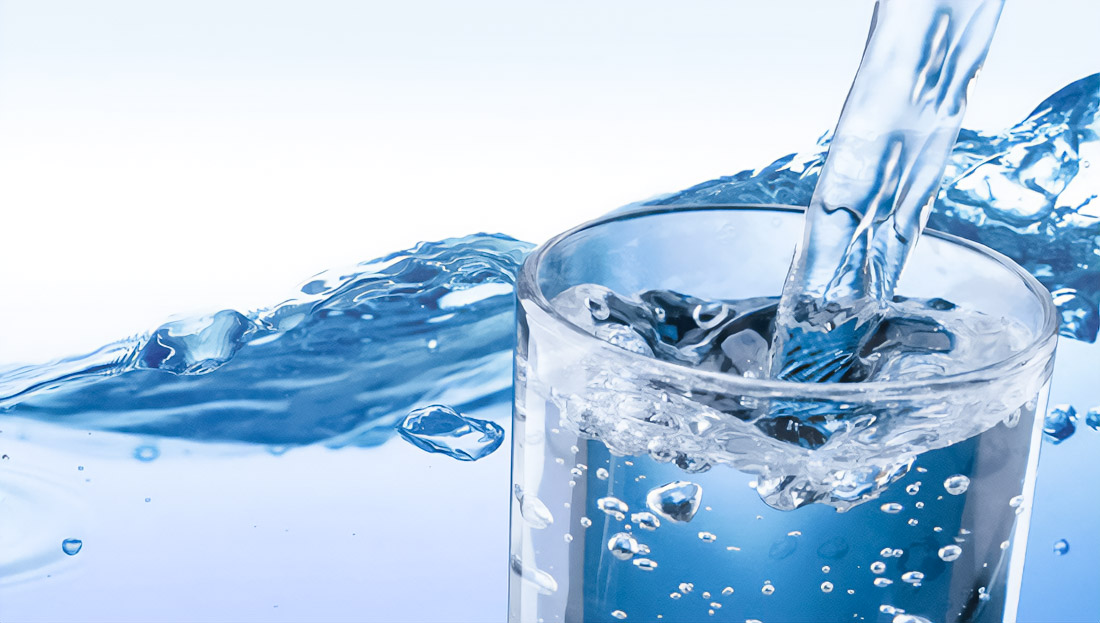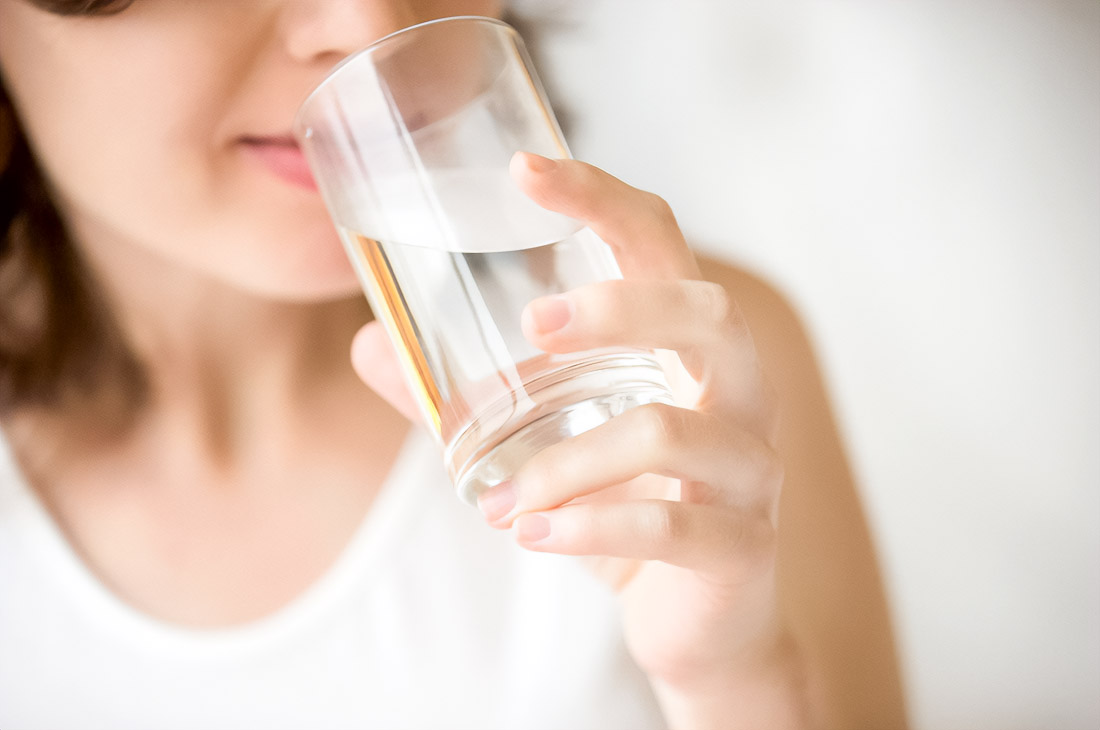Water quality in the United Arab Emirates is directly related to the sustainability, safety and well-being of citizens. Taking into account the climatic challenges of the region such as drought, groundwater scarcity and high salinity of desalinated water, water treatment is becoming not just a household necessity but part of a survival strategy.
National Water Efficiency Goals

In an effort to reduce water consumption by 21 percent by 2036, the country is implementing multi-level water supply management programs. Aiming for 110 dollars per cubic meter in water productivity requires large-scale use of filtration and reuse technologies. Home water filtration system built on reverse osmosis, UV treatment and activated carbon filtration remains the standard for eliminating pollutants, bacteria, viruses and heavy metals from household water supplies.
Growth of the Water Purifier Sector

Rising interest in quality water, especially among urban residents, is becoming a clear trend. People are aware of the threat posed by untreated water and are increasingly installing home filtration systems. As more people question the safety of untreated water and the government prioritizes sustainable alternatives to desalination, the ‘water purifier UAE’ sector is experiencing significant growth. It has grown from $287.64 million in 2023 to a forecasted $588.90 million by 2031, at a steady rate of 9.37 percent per year.
Water Security and Emergency Readiness

The UAE’s water security system is based on three key programs: water demand management, supply management and emergency resource allocation. These measures are aimed at ensuring an uninterrupted water supply even in emergency situations. In case of an emergency, the country has developed backup water supply networks capable of providing 91 liters of water per person per day and in extreme conditions 30 liters.
Smart Technology in Modern Filtration

Modern IoT sensors, smart monitoring systems and automatic response systems are becoming part of new models of water purifiers. They help to monitor water leaks, timely carry out maintenance and improve energy efficiency of filtration. It helps cut costs and makes water filters more available for households.
Given that by 2036 the country plans to increase the reuse of treated water to 95 percent, it is especially important to install filters in homes and public buildings, as this supports both savings and environmental sustainability.
In addition, the UAE’s environmental plan aims to cut CO2 emissions from water desalination by 100 million tons. That is why preference is given to energy-efficient systems that minimize water losses, use new generation reverse osmosis technologies and meet stringent regulatory water quality standards.
UAE households using personalized filtration systems are seeing real health benefits and promoting sustainable living. The broader the adoption, the more resilient the region becomes in terms of water security.
The Role of Awareness and Behavior
Amid increasing urbanization, population movement to large cities, and ongoing improvements in health standards, access to clean drinking water remains a necessity. Government awareness campaigns focused on water conservation and responsible consumption are shaping a culture of environmental behavior where home filtration plays a key role.
This is the ideal moment to join this movement and help promote the region’s sustainable development.
Soccer lover, shiba-inu lover, fender owner, Saul Bass fan and communicator, collector, connector, creator. Working at the intersection of beauty and function to answer design problems with honest solutions. Concept is the foundation of everything else.
